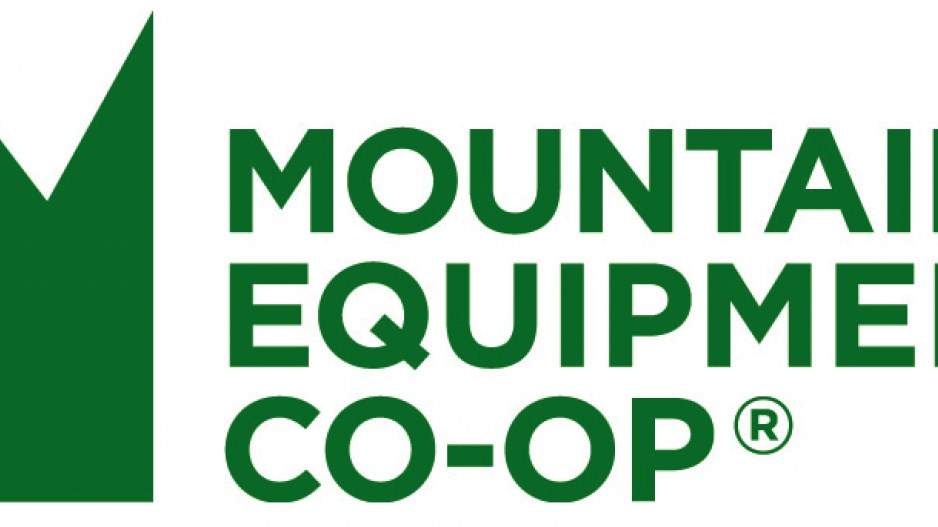In an event held at the White House on April 12, U.S. President Barack Obama paid tribute to the Outdoor Industry Association (OIA) Sustainability Working Group (SWG) for the work it's been doing to improve communities. Mountain Equipment Co-op's participation as both a founding member and current OIA SWG advisory council member adds a Canadian point of interest to the prestigious honour. By engaging programs such as Bluesign, which provides independent auditing of textile mills to ensure manufacturing processes are running green, and using clothing tags that mark products as sustainably sourced and manufactured, MEC takes caring for the environment seriously. We spoke with the company's director of sustainability, Esther Speck, to learn more about how MEC has been infusing its operations with earth-friendly initiatives, and what it's meant for business.
It's a North American association for the outdoors. Members of the OIA include brands [such as MEC], retailers and other suppliers. A number of these got together in 2007 to develop a shared product sustainability-indexing tool that provides a standardized framework and language to assess product level sustainability.
Over the last four or five years, over 200 brands and retailers worked together on this index as part of the OIA's sustainability working group.
These also comprised the founding members of the Sustainable Apparel Coalition, which is a broader coalition of brands that represent about 30% of global apparel and footwear supply chains. The [SAC] adopted the OIA's eco-index as the basis for its apparel and footwear index.
As a key member of the OIA, where is MEC in its journey toward sustainable industry practices?
The outdoor industry, from my perspective, has always been conscious of the integral business link between its core purpose, which is promoting being active in the outdoors, and the importance of protecting the outdoors. I believe that businesses within the industry have been active in conservation and protection issues for years, and that would have been the first stage.
Now I think the second stage, which at an industry level really started in 2007, is about product and operations impact. The work to really examine and index, in a systematic way, our collective and shared supply chains around products really started at that time.
What are MEC's customers seeing as a result?
Our customers are seeing an ongoing evolution in the integrity of our products. We have a product sustainability symbol and that marks a product as unique or interesting from a sustainability perspective.
Right now the attributes are environmental; for example, products that are made from recycled polyester, or from organically grown cotton, or repurposed materials, and we hope to expand that in the future to social attributes. Over time we'll have more products with environmentally preferred attributes.
Why is MEC investing in this model of doing business?
MEC exists to help people get outside. We do that by providing products and services, and that's bottom line for us. We do that in a way that has a lower environmental impact and creates more positive values. Everything we do has to have a business case to help us achieve our purpose. This comes in on a number of different levels.
I would say it's three things: one is appeal to consumers. The brand value connection is an important component. Second is business continuity, and the work we're doing with our supply chain helps us to have better and stronger relationships with our suppliers.
Third is access to resources and places to play. In the longer term, it's to ensure that we have access to the materials we need to make products, for example, that we have water to dye our materials and access to petrochemical bases that we require to make our products, and it's about protecting the places where our members play.
What is MEC's plan for the future of sustainable operations?
MEC has a goal that by the end of 2012 at least 50% of the materials we use for apparel in our MEC brand products will be bluesign certified. I think what we're doing is creating a common learning and understanding platform and creating a market for better designed products. And that's a collaborative effort – it's something MEC could never do on its own. •




